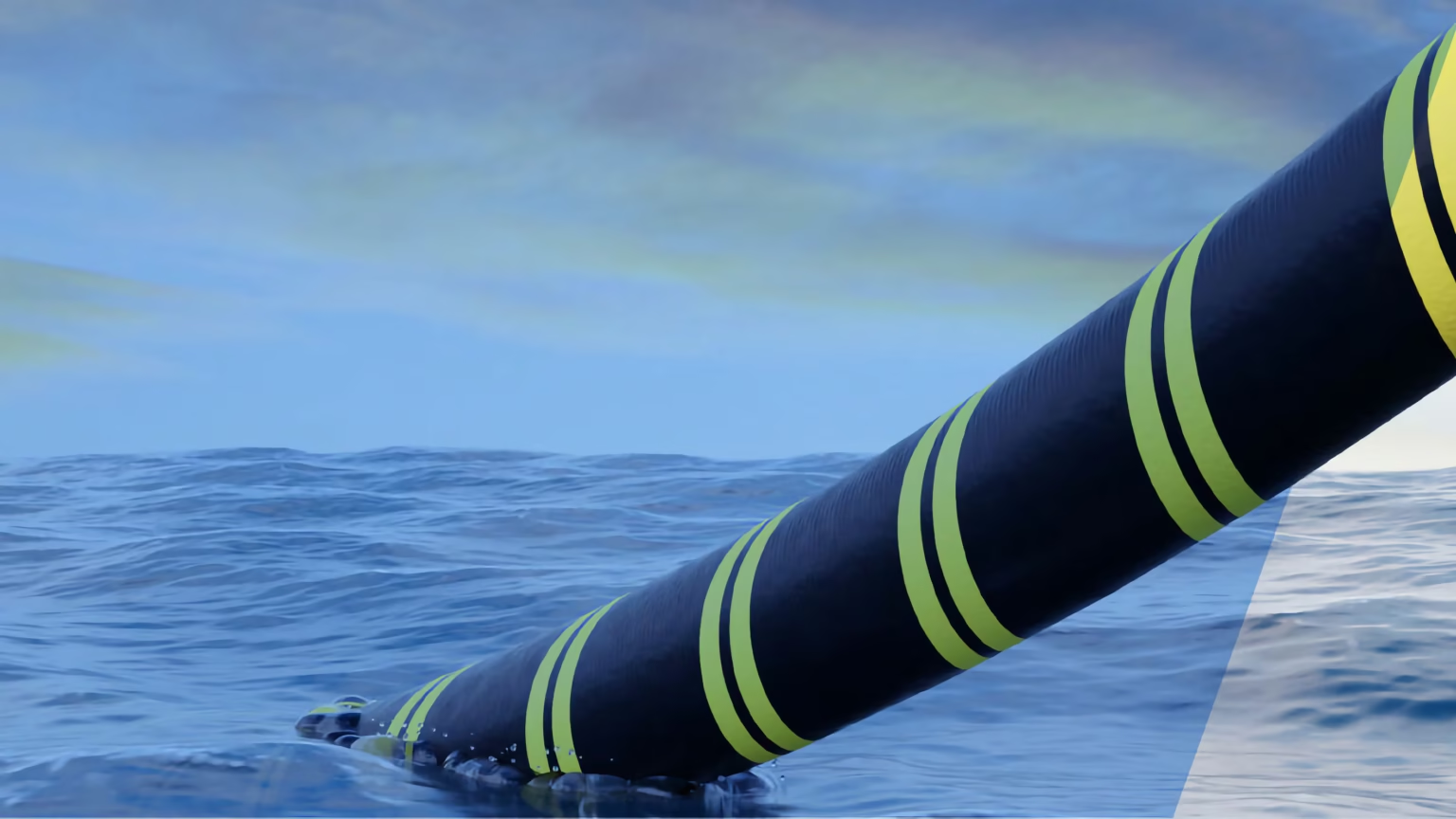Faced with the growing risks of power outages related to low winds and freezing temperatures, the United Kingdom is exploring solutions to strengthen its energy resilience. Among these, the Xlinks project, linking Morocco to the UK, stands out as a promising alternative.
Led by Greg Jackson, CEO of Octopus Energy, this ambitious project plans to install vast solar and wind farms in the Moroccan Sahara. The energy produced would be transmitted to the UK via underwater cables, thus covering 7% of the country’s electricity needs and compensating for periods of low wind production in Great Britain.
Morocco, thanks to its exceptional sunshine and significant wind potential, is already positioning itself as a key player in the field of renewable energy. Large-scale infrastructures, such as the Noor solar park in Ouarzazate, enhance the kingdom’s appeal as a reliable supplier of clean energy for Europe.
Complementary solutions under evaluation
Although the Xlinks project represents a long-term solution, other options are also being considered to strengthen the UK’s energy security. Technologies such as large-capacity batteries and inertia systems, capable of stabilizing the grid in case of outages, are currently under study. However, their large-scale deployment remains limited.
The risks of power outages have intensified in recent weeks, particularly after a warning issued by the National Energy System Operator (Neso) regarding an imminent energy deficit. Significant drops in wind speeds, outages on several interconnections, and gas plants being offline have reduced production capacity. A cold wave has also led to record demand, forcing Neso to consider localized outages, particularly in cities like Birmingham, in order to preserve supply to strategic areas such as London.
In this context, Morocco appears as an essential partner to ensure a stable and sustainable energy supply. By providing abundant renewable resources, the kingdom plays a crucial role in the European energy transition and contributes to global efforts to achieve carbon neutrality, while helping to prevent potential energy shortages.


